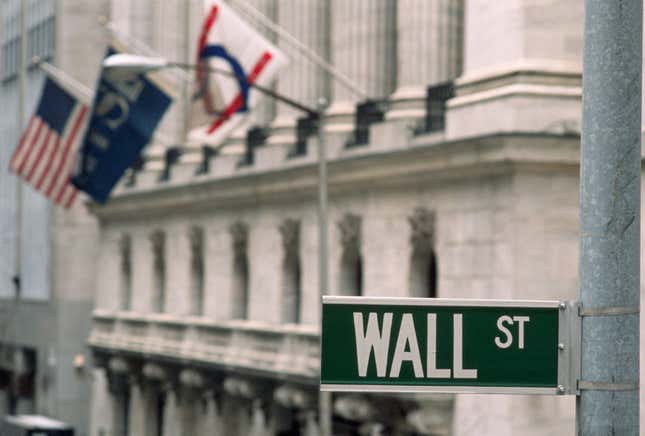
In This Story
Markets will be volatile for the next couple of weeks, with the Federal Reserve set to launch an interest rate cutting cycle and the presidential election around the corner.
The Bank of America (BAC-1.24%) strategy team likened the stock trading environment to one iconic movie moment: “Remember that scene in Die Hard when Bruce Willis has to escape barefoot across a floor of shattered glass?... That’s what trading this tape feels like between now and the election.”
What’s driving this risky — and perhaps painful — situation for traders? For one thing, uncertainty around the pace of the central bank’s rate cuts, according to a BofA Securities research note. At its Sept. 17-18 meeting, the Federal Open Market Committee is widely expected to carry out between a 25-basis-point and 50-basis-point cut. The size of the September cut is will likely determine future cuts.
Researchers at Goldman Sachs (GS-1.29%) see a higher likelihood of a 25 basis-point decrease, which would bring interest rates down to 5%-5.25%, but they “are admittedly uncertain about this,” they wrote in a note Sunday. Goldman is expecting three interest rate cuts this year, in September, November, and December.
Another shard of broken glass that investors will have to tiptoe around are questions about a soft or hard landing. While most economic indicators are not pointing towards a recession, a slowing job market and interest rate cut could raise the likelihood of a shallow downturn, analysts have warned.
Finally, BofA pointed to the U.S. elections as the third and final factor that could “inject significant stock volatility over the coming weeks.” Election years tend to drive market volatility, and the face-off between Vice President Kamala Harris and former President Donald Trump appears to be no different.
According to Goldman Sachs, the best outcome of the 2024 election for the U.S. economy would be an overwhelming victory for Vice President Kamala Harris and her Democratic allies. A Republican sweep in Congress and win for Trump, on the other hand, would diminish economic output next year, Goldman said.